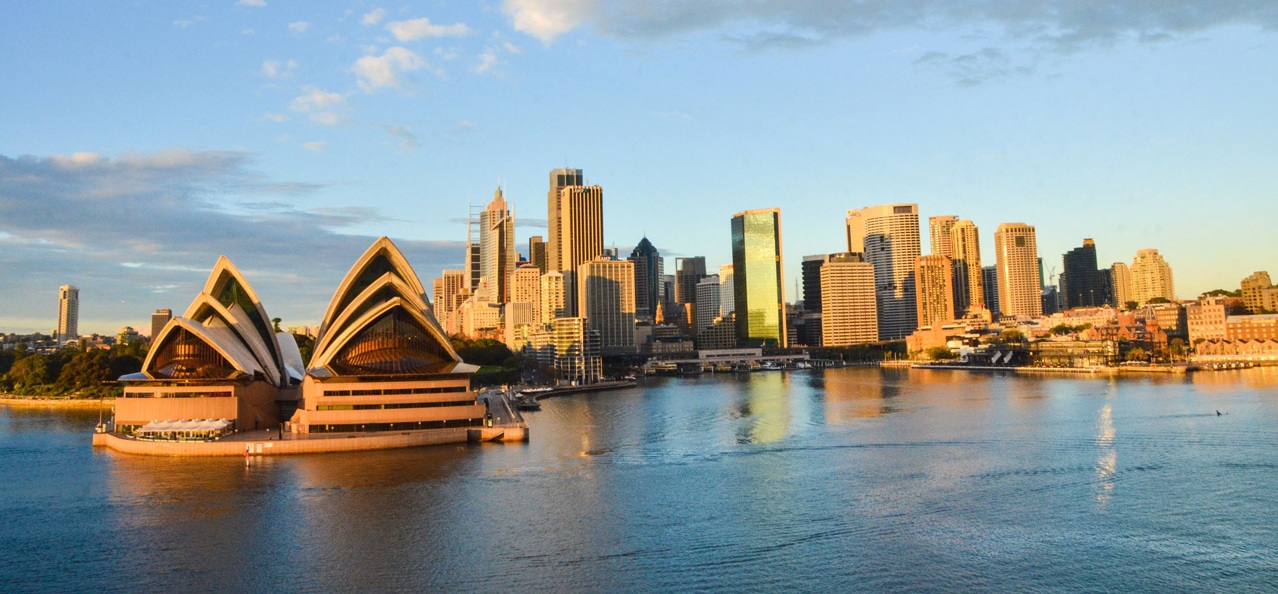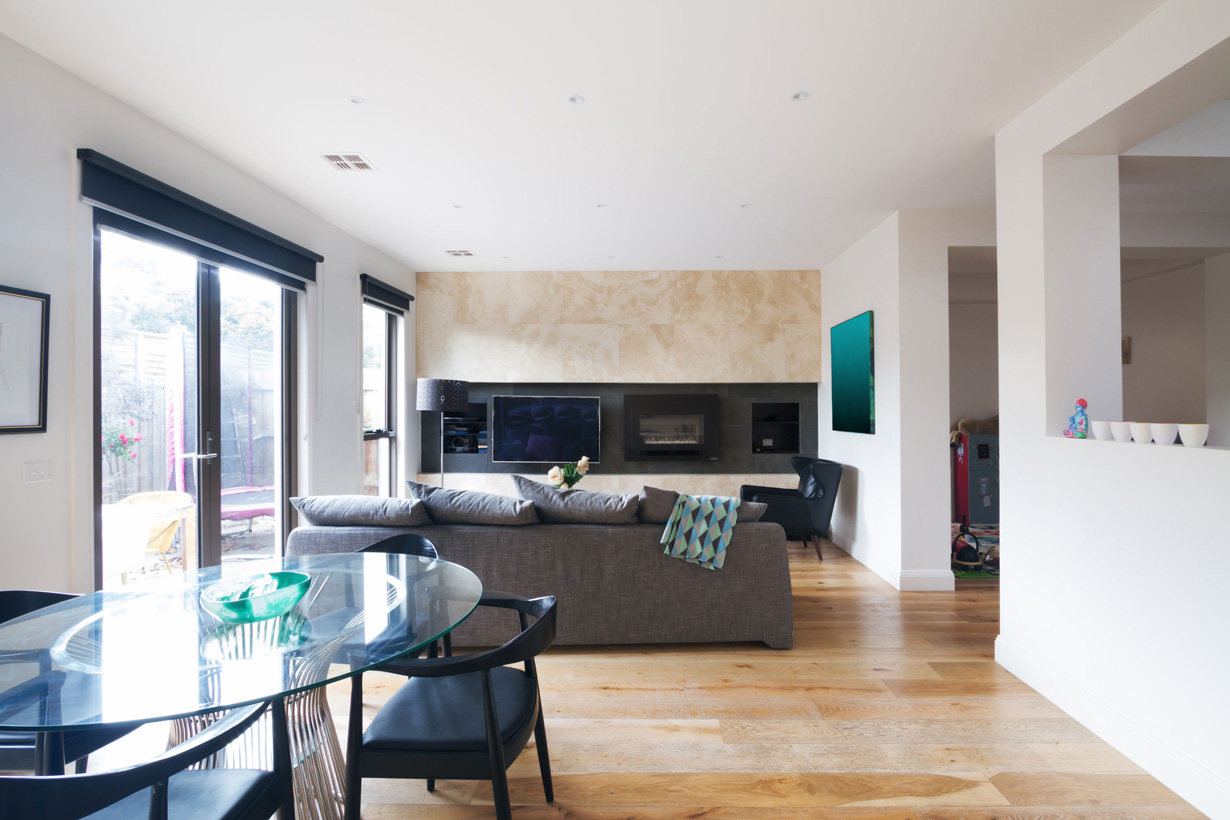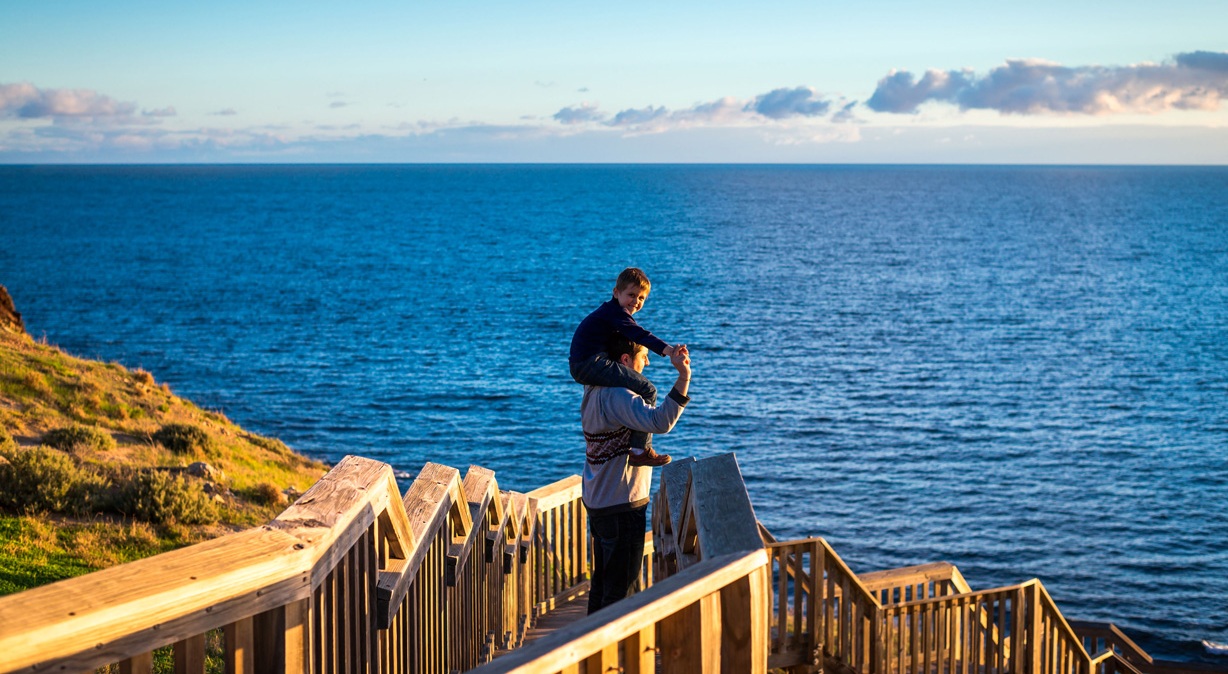Here are the absolute essentials for your relocation
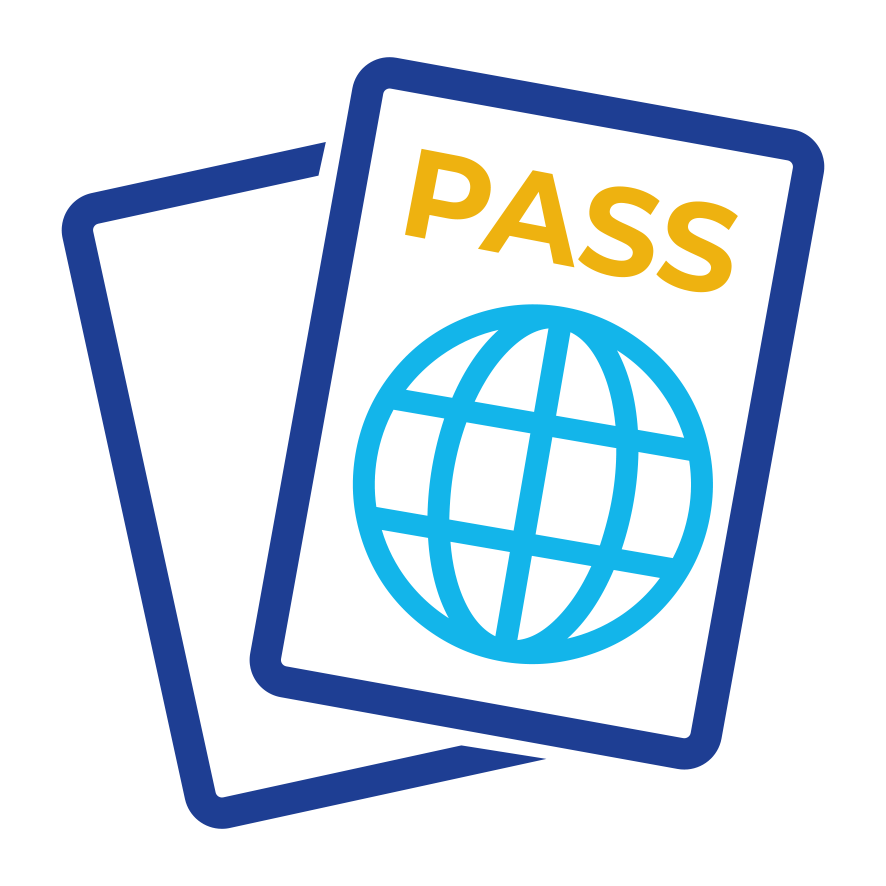
Visas are Your First Step
The TSS (482) work visa and Working Holiday (417) visa are common. Start your application well in advance on the official Home Affairs website.

Budget for a High Cost
Sydney is expensive. A single person should budget $3,500-$5,000 AUD per month. Have enough savings to cover your bond and a few months of living costs.
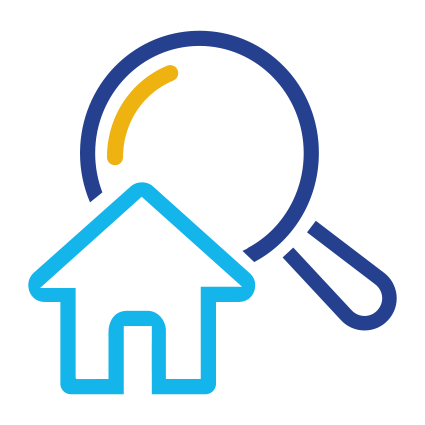
Suburb Choice is Key
Your lifestyle will be defined by your suburb. Beach lover? Head east. Hipster vibes? Inner West. Family life? North Shore. Research is crucial.
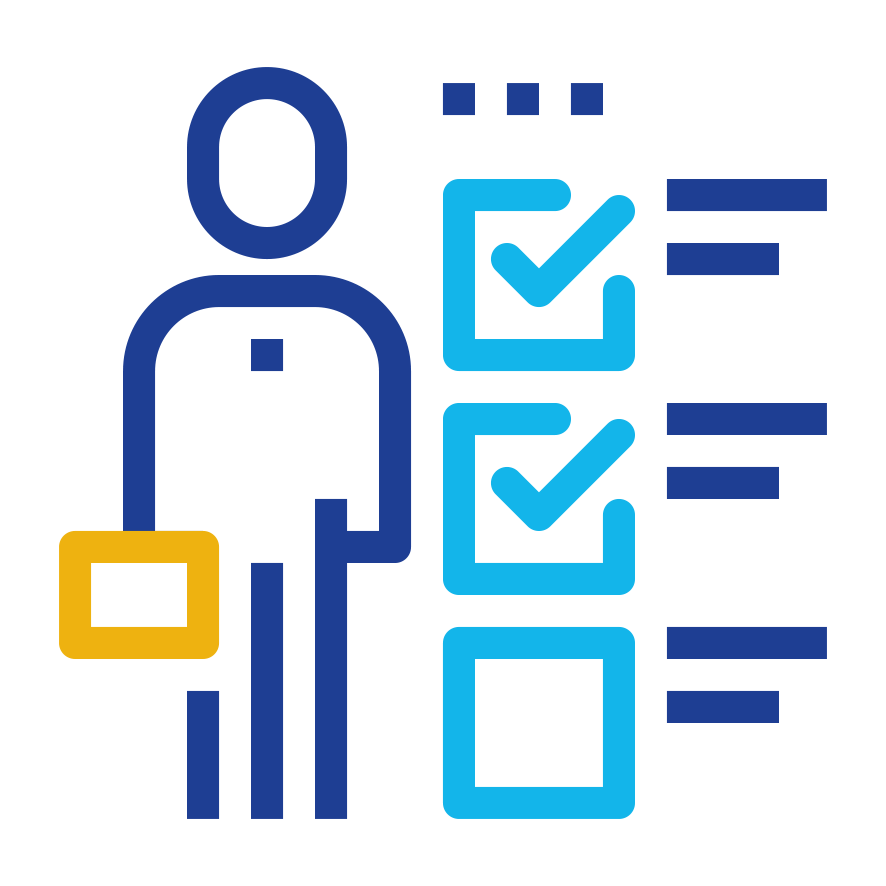
First Week Admin
Get an Opal card for transport, an Aussie SIM, open a bank account, and apply for your Tax File Number (TFN) immediately.
Finding Work in Sydney
Sydney has a dynamic job market, especially in finance, tech, construction, and tourism. The work culture is generally more relaxed than in London or New York, with a focus on work-life balance.
The Cost of Living in Sydney
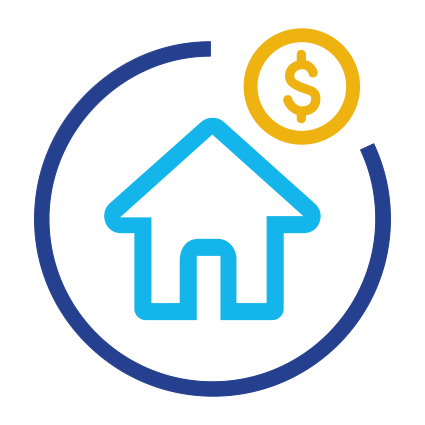
Rent (1-bed flat, outside CBD)
Rent is quoted weekly! A $600/week flat is ~$2600/month. Share housing ($300-$500/week for a room) is very common.
Phone & Internet
Mobile plans are competitive (Telstra, Optus, Vodafone). Home internet often requires a contract. Estimated monthly cost around $80 - $120 per person.

Utilities (Energy, Water)
Bills are usually paid quarterly, not monthly, which can be a shock to the budget if you're not prepared. Estimated monthly cost around $200 - $350 per person.
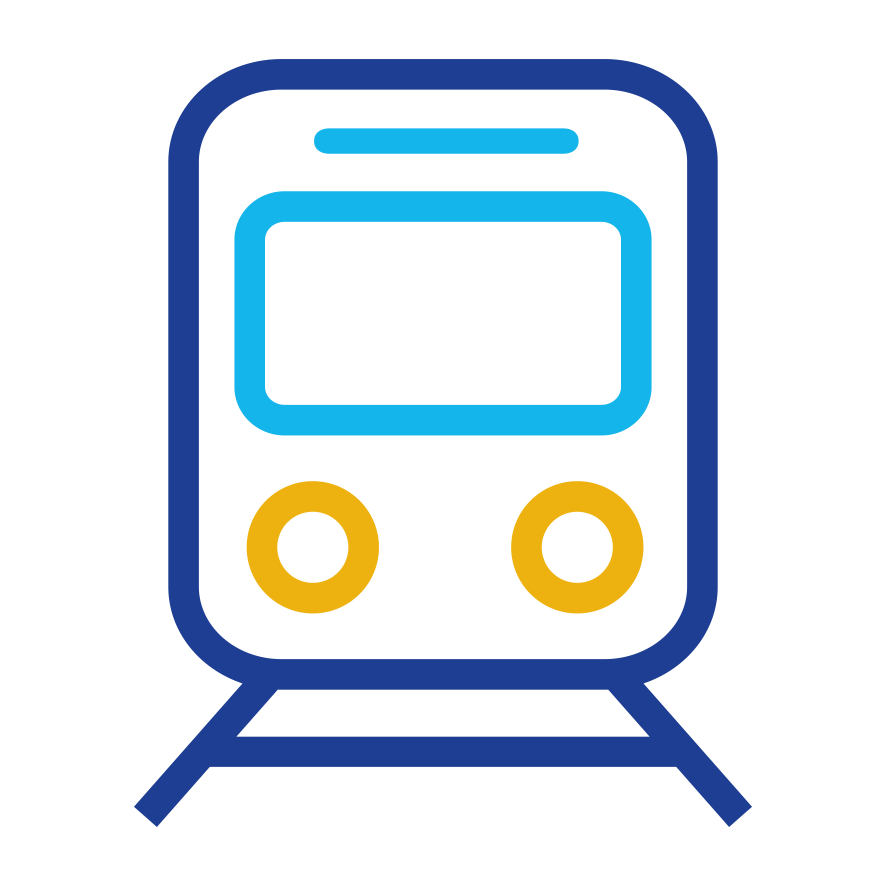
Transport (Opal Card)
Opal fares are capped daily and weekly. The cost depends on how far you travel. Ferries are more expensive but offer the best views! Estimated monthly cost around $150 - $220 per person.
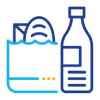
Groceries
Coles and Woolworths ('Woolies') are the main supermarkets. Aldi is the budget option. Estimated monthly cost around $500 - $700 per person.
Navigating the Sydney Rental Market
Sydney’s rental market is notoriously fast-paced and competitive. You need to be organised and ready to go.
Where to Live: Best Sydney Suburbs for Expats
Sydney is a city of villages. Where you live will shape your entire experience. Here’s a quick guide to some of the most popular areas.
| Neighbourhood | The Attractions |
|---|---|
| Bondi, Coogee, Manly, Cronulla | For those who want to live the Aussie dream of a morning swim before work. Expect a laid-back, active lifestyle, but also crowds and a longer commute to the CBD (Central Business District). |
| Surry Hills, Newtown, Paddington, Darlinghurst | Close to the city with the best cafes, bars, boutiques, and a vibrant, creative energy. Great for those who want to be in the thick of it. Housing is mostly terraces and apartments. |
| Mosman, Balmain, The Northern Beaches | Quieter suburbs with larger homes, excellent schools, and a strong community feel. Often near the water, offering a fantastic lifestyle but with a higher price tag. |
| Marrickville, Redfern, Alexandria, Ashfield | The Inner West is multicultural, creative, and full of amazing, authentic food. It offers better value for money while still being a short train ride from the CBD. |
Life in Sydney: Getting Around & Your First Week
Arriving in Sydney marks the start of organizing essentials, understanding local transport, and adapting smoothly to Australia’s most dynamic city.
Here’s how to organize your essentials, navigate Sydney’s lifestyle quirks, and begin feeling truly settled in your new home.
Making Your Move to Sydney Simple
Moving to Sydney is an exciting but challenging project that takes careful preparation across finances, visas, housing, and lifestyle planning. With its world-class opportunities and incredible natural beauty, Sydney remains a top choice for many expats worldwide.
With Crown Relocations by your side, you can focus on settling in while we handle the details – from packing and shipping to home search and settling-in support. Wherever you’re coming from, we’ll make your move to Sydney seamless, efficient, and stress-free.

No One Knows Better Than Us.
Get moving with our free moving quote form and let us take care of the rest!

